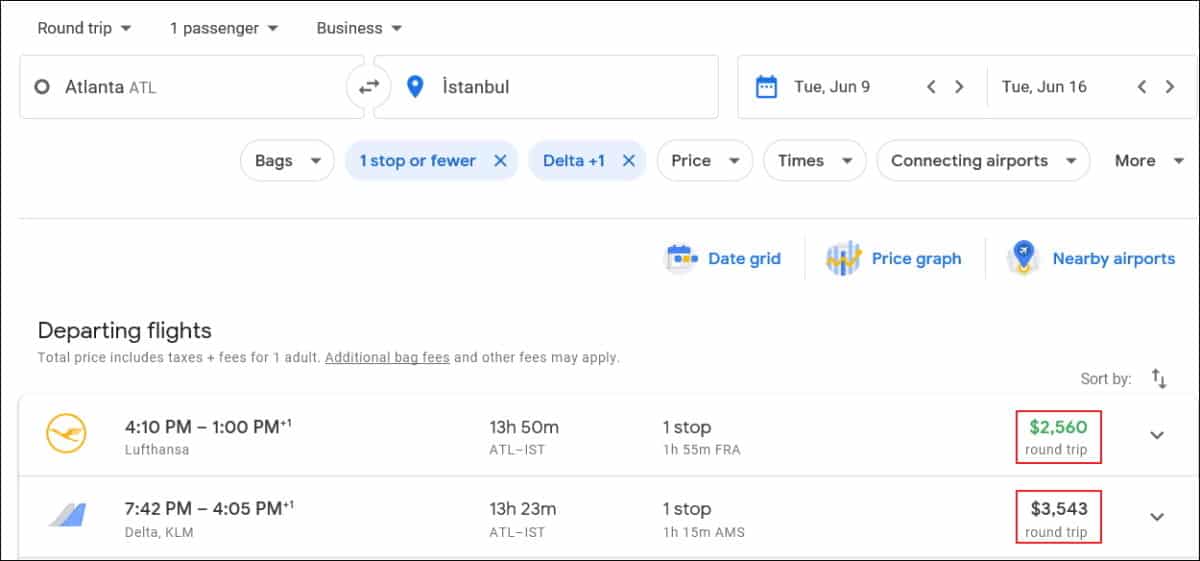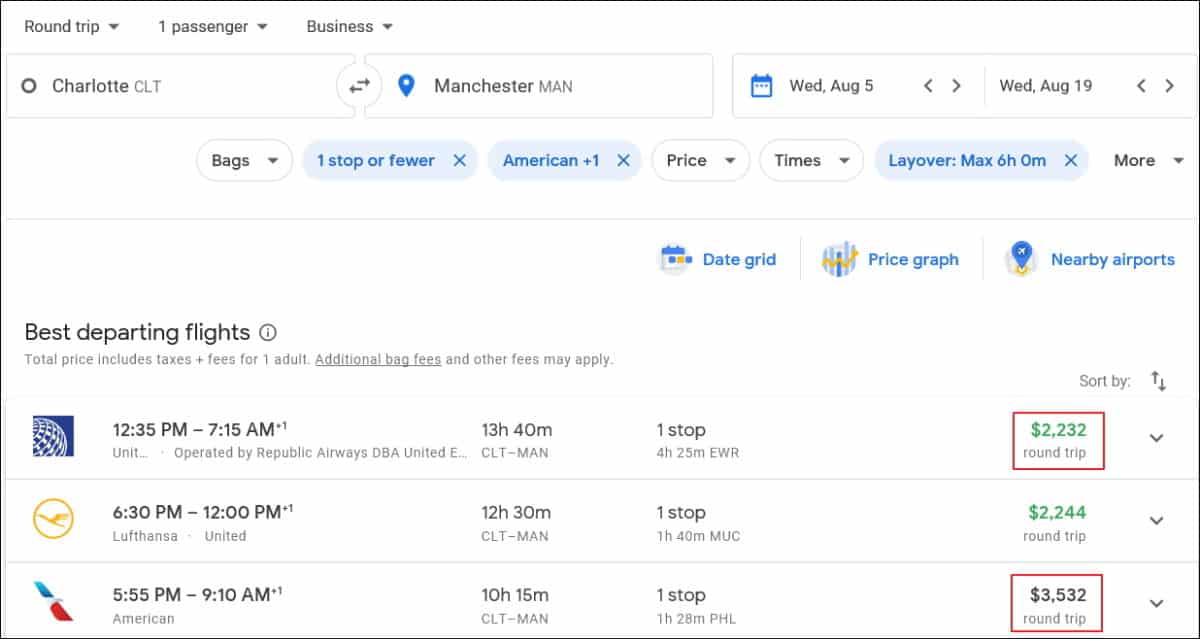Hub Capped? Don’t Fall for the Allure of Elite (It’ll Cost You Much More)
It’s Time for a Divorce: Why Your Marriage to an Airline is Killing Your Upgrade Life
Call me old fashioned, but I think you’re supposed to dance with the one that brought you.
And when I say “you,” I’m talking to airlines that take their loyal customers for granted when it comes to Business Class fares.
And worst of all, they do this in their home hubs. Unfortunately, airlines are always focused on the almighty dollar, and less on the satisfaction of their customers.
Home Field Disadvantage
If you live in Atlanta – Delta’s hub and heartland – and you’re an extreme Delta loyalist, then you’re really taking one for the team. Because Delta doesn’t have as much competition for your business in its hub city and because it knows you want to fly Delta as a loyalty member, it can charge you higher prices. So much for rewarding your loyalty. You don’t always have to be a hub schlub.
Some cities are multi-hub towns. Think New York, where all three major U.S. airlines are represented well. Then there are hub towns where particular airlines run the show. In those, it’s a bit like the Wild West where anything goes.
San Francisco is dominated by United, for example. Dallas is dominated by American Airlines. And we just mentioned who’s leading the charge in Atlanta.
Pay 37%+ More to Europe
Take a look at the screenshots below and the cost of being an elite-focused traveler or tied to a single airline for whatever reason. In the first instance, a Delta flight to Glasgow out of its home hub of Atlanta costs $3,445 round-trip with one stop. British Airways is only charging $2,383. That $1,062 is a big difference that doesn’t sound like a home field advantage to me.

It’s not just Delta. American Airlines loyalists should look at the screenshot below (if they can stomach it) to see that a round-trip flight from its hub in Charlotte to Manchester in Business Class will cost them $1,300 more than if they flew with United. You’d think there would be no loyalty left in the world.

Simply put, airlines know you want their elite cards. They also know that a lot of people seem to value them more than a significantly discounted fare.
Most people who fly a lot and live in Atlanta are going to be Delta people – Delta elites and/or Delta mileage members. So they will want to fly with Delta.
Who is very happy about that? Delta.
Who loses out in that deal? Delta loyalists.
Delta knows this (as does United for San Francisco and American for Dallas). So the demand to compete with other airlines and keep prices down is not as strong as the demand would be for an airline operating primarily out of New York City, where no major airline has a monopoly hold.
The result of all this is that Delta people (route depending) will end up paying more for their Business Class ticket when they depart from Atlanta.
It’s the cost of being an elite, and you won’t find that hidden cost on their fancy websites or in their glossy ads.
Examples to Asia
You can fly from Dallas to Singapore on American Aug. 24-Sept. 19 and make a connection in Tokyo, for a total cost of $5,022 round-trip in Business Class. But if you were to fly United and make a connection in San Francisco, your ticket would only cost you $3,317, a difference of $1,705.
If you fly from San Francisco to Bangkok on United in May (12-26) and make a connection in Tokyo, you will pay at least $4,569 round-trip in Business Class. But if you were to fly American and also make a connection in Tokyo, your ticket would only cost you $2,568, a difference of $2,001.
Example to South America
If you fly from San Francisco to Buenos Aires on United in August (11-18) and make a connection in Houston, you will pay at least $5,837 round-trip in Business Class. But if you were to fly Delta and make a connection in Atlanta, your ticket would only cost you $3,597, a difference of $2,240. So your hub city airline is costing you $2,240 more.
The lesson? It’s better to be a loyalty-free traveler who isn’t shackled to one elite program. That way you’ll have the flexibility to shop around. Don’t be a hub schlub.